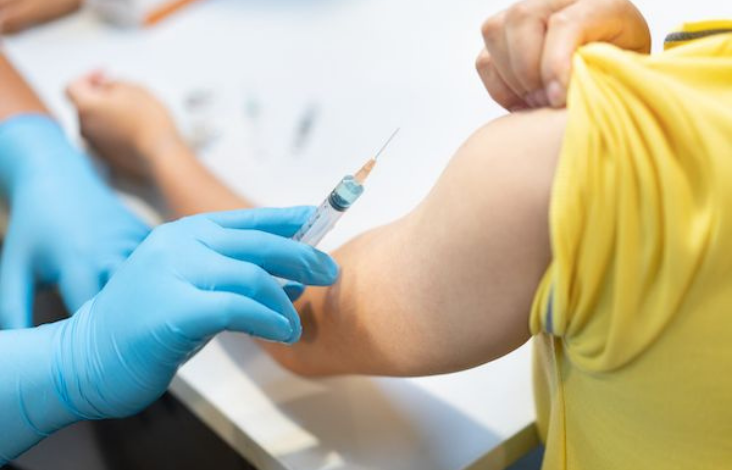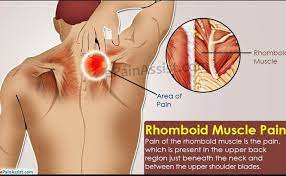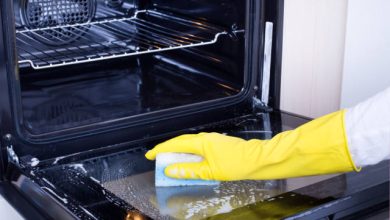Why, When and How Should HPV Gardasil Be Administered to Boys?

A lot of cancers are associated with the human papillomavirus. The most commonly related cancer to HPV is cervical cancer. Genital warts in men and women are also triggered by HPV. That’s not all; cancer of the throat, mouth, penis, anus, vulva and vagina are all associated with HPV. This is why medical research encourages boys to get vaccinated against HPV.
What are the risks of the HPV vaccine?
As a sexually infectious disease, HPV affects the skin and areas of the body with mucosal surfaces like the cervix, mouth, throat and anus. Do you know that the 4th most common cancer affecting women around the globe is cervical cancer? Do you also know that cervical cancer ranks number 2 on the list of cancer commonly affecting women within 15 to 44 years?
According to a report from the STD clinic, every year, more than 527,000 cases of cervical cancer are diagnosed globally. The WHO adds that nearly a hundred per cent of these cancers are HPV-related.
HPV is passed on via oral, anal, and vaginal sex. Skin-to-skin genital contact and other forms of sexual activities can also get one infected with the disease. The symptoms of HPV rarely show up; people hardly realise they are infected with this STI. 9 in 10 HPV cases see the infection disappear within few years. But if it does not disappear, more severe conditions can show up. They include:
- Vaginal, cervical and vulva cancer in women
- Penile cancer in men
- Tonsils, throat, tongue and anal cancer in men and women
- Genital warts in both men and women
Vaccination is important to prevent HPV
The conclusive recommendation from various researches is that for men and women to stay safe from conditions leading to cancer, vaccination is crucial. Currently, the vaccination is not available on the NHS.
When vaccinated, boys have a lower chance of developing anal, throat, and mouth cancer related to HPV. The vaccine also protects boys from genital warts – the second commonest STI in the UK.
You can visit private sexual health clinic for HPV vaccine. Note that the spread of HPV to girls will be curbed if boys are vaccinated.
There is enough evidence to show that the HPV vaccine does its job of protecting boys and girls. But girls are encouraged to continue getting Pap tests to help identify the risk of cervical cancer and as a healthcare preventive measure.
When should boys get the HPV vaccine?
Before they begin any sexual activity. This ensures optimal result as one may not have been exposed to the disease. Kindly note that receiving this vaccine early doesn’t mean boys should start having early sex. Routinely, the HPV vaccine is administered to boys aged 11 and 12 years, but it can be taken at age 9.
If the vaccine is not be administered during the pre-teen years, every teenager should go for it as soon as possible.
What does the vaccination process involve?
Only girls can have the Cervarix vaccine. But both boys and girls can take the Gardasil and Gardasil 9 vaccine as they can keep several HPV types from infecting girls. It is a tradition for the HPV vaccine to be administered in 3 doses over 6 months. But in 2016, the Centre for Disease Control and Prevention (CDC) changed the vaccination guideline for children below 15. This new rule states that two doses should be administered, and the second shot should be given 6 to 12 months following the first shot. A third shot is needed for adolescents who had been given the first two shots of the vaccine within less than 5 months. As for young adults getting the vaccine at ages 15 to 26, the required number of doses is 3.
Side effects of the vaccine
The vaccine may trigger minimal side effects, but some persons experience no side effects. A common side effect is a sore arm following the vaccination. Other side effects include nausea, fever, headache, reduced energy, and pain in the joints and muscles.
The HPV vaccine may not be administered in some cases, including a case of severe allergies. To make sure the vaccine will be appropriate, you need to speak with your doctor.
There is a need to protect yourself and your family on time against certain sexually transmitted infections like HPV. For more information or if you need vaccination, visit here.





